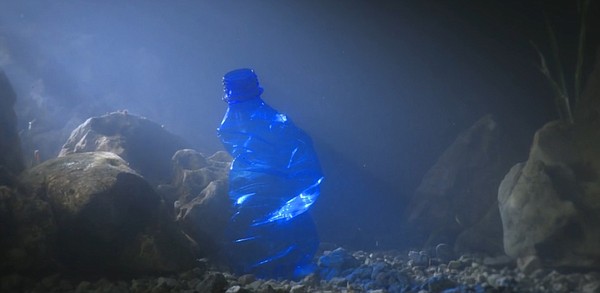The Rudolf Group introduced its Cycle-Logic technology on June 14, affording a fresh method of upcycling PET plastics that can be used in the manufacturing of different textiles.
SUSTAINABILITY
Rudolf Group Introduces PET Cycle-Logic to Aid in Plastics Upcycling
Announcing the launch of its Cycle-Logic technology, the Geretsried, Germany–headquartered Rudolf Group unveiled this new advancement to help the textile industry reuse a greater amount of polyethylene terephthalate—or PET—plastics sourced from the post-consumer stage. Through the Cycle-Logic process, Rudolf is reusing these plastics to create chemical agents included in the process of textile creation such as those that manufacture polyesters and denims.
“One of the most advanced and progressive frontiers of textile chemistry is the transformation of waste into substances that can be further used for a greener and sustainable world,” said Alberto De Conti, head of marketing and the fashion division of Rudolf Group during a June 14 press conference. “Through chemical recycling, the Rudolf Group contributes by developing emerging technologies and products that promote the recycling of plastics. Rudolf chemical recycling uses PET-plastics waste as a resource. It creates value for the environment, society and the economy.”
Through its new process, the Rudolf Group’s chemical recycling depolymerizes—or dismantles—plastic polymers into their basic forms, affording a foundation to create different substances. The poorly biodegradable plastics that the company is sourcing would otherwise be destined for a future as landfill waste but are now transformed into flakes to serve as the raw material. According to De Conti, 4 pounds of crude oil are required to create 2.2 pounds of PET. With this technology, the need to source fossil fuels is bypassed in favor of a PET product that yields the same performance as its virgin counterparts.
“Recycled PET bottles, in the form of washed flakes, can now be the raw material for the manufacturing of some of our textile auxiliaries without attacking new, virgin resources,” said Dr. Dirk Sielemann, Rudolf Groups’ research-and-development director, in a press release “We are determined to find environmentally benign ways of unpicking plastics to then design other materials.”
After a three-year development process, Rudolf introduced its technology to ensure a circular economy for plastics. The company noted that glass, metal and plastic are able to be recycled yet challenges remain. Glass and metal are able to be recycled indefinitely, yet only a few companies have developed technologies to extend the circular life cycle of these plastics.
With this launch, the Rudolf Group unveiled three Cycle-Logic chemical agents for textiles. The products are based on formulas that utilize post-consumer recycled PET bottles. Feran Upcycle ICT is an innovation in moisture management for polyester textiles. The company’s Rucogen Upcycle RNB is intended for use within the indigo-washing process. The Rucolin Upcycle SDS is an all-in-one, multifunctional, high-affinity polymer dyeing agent.






















